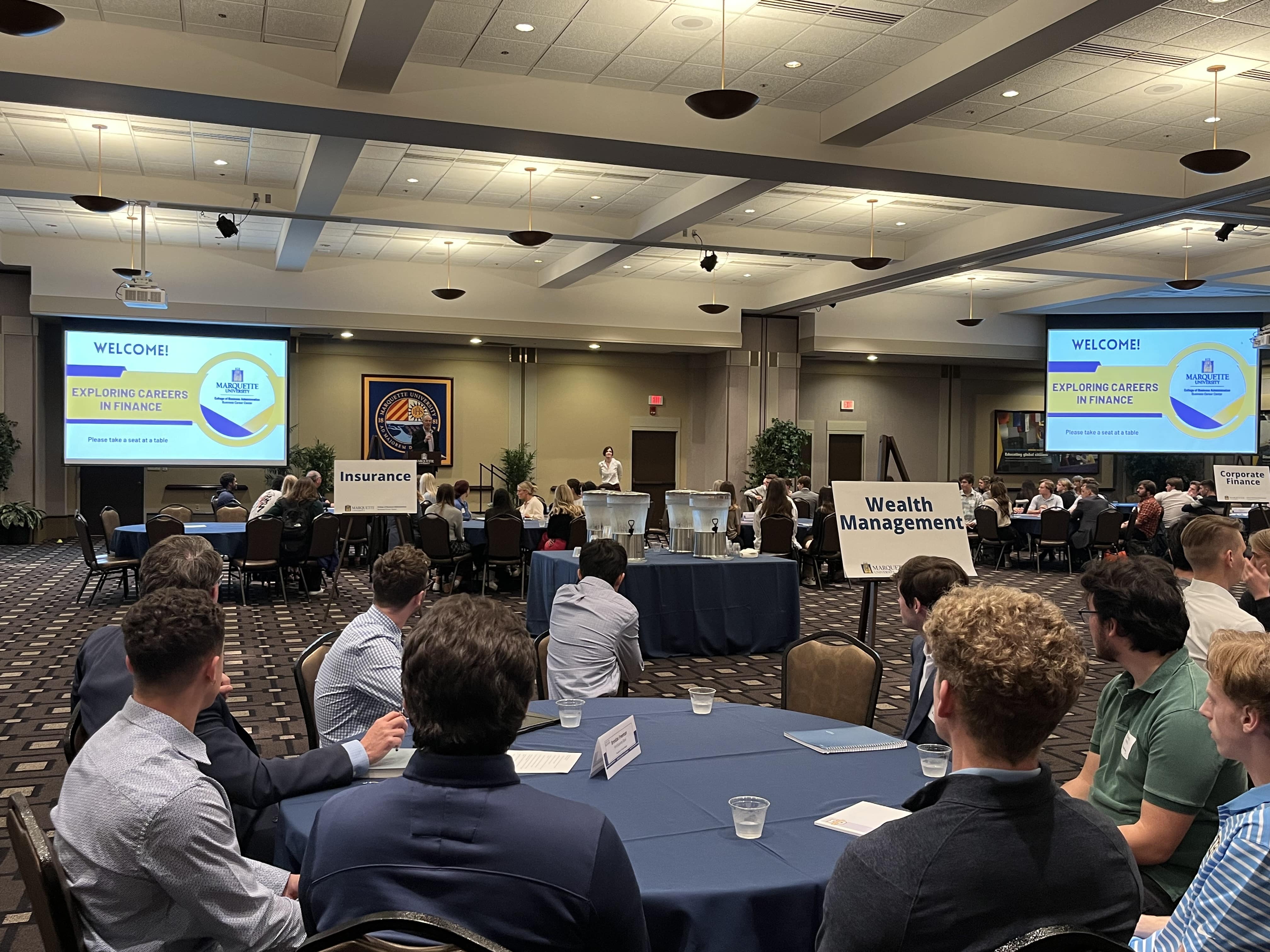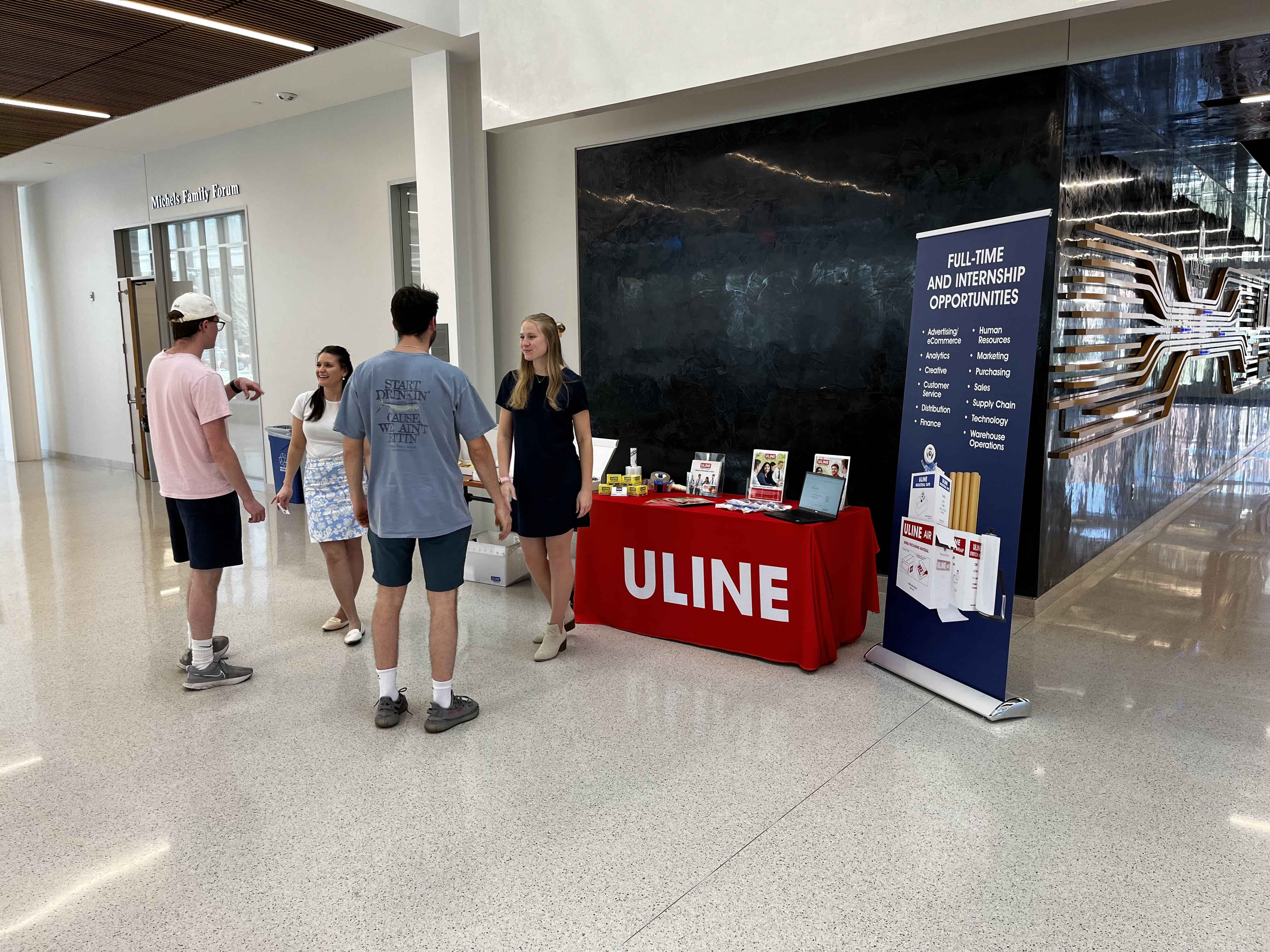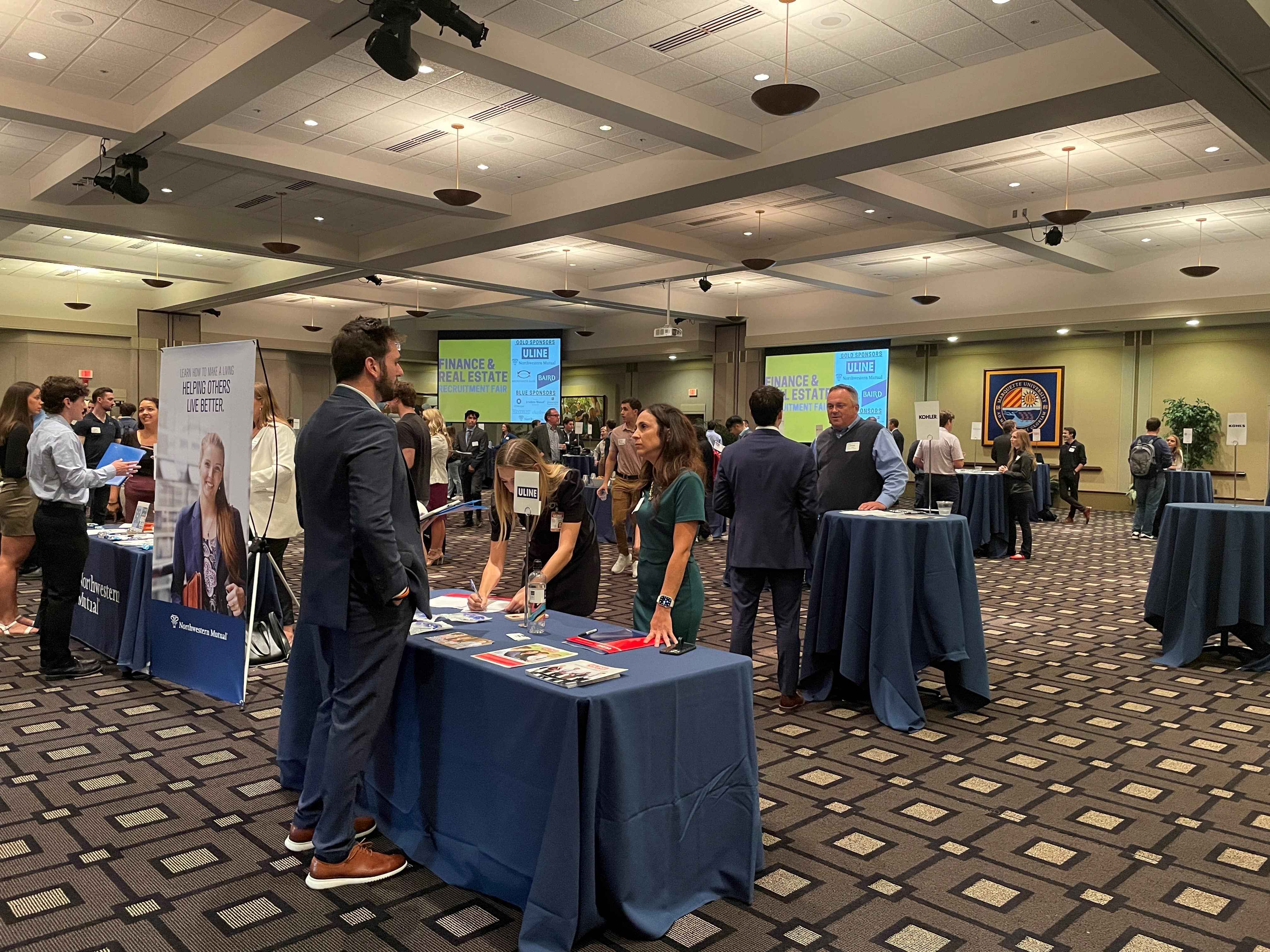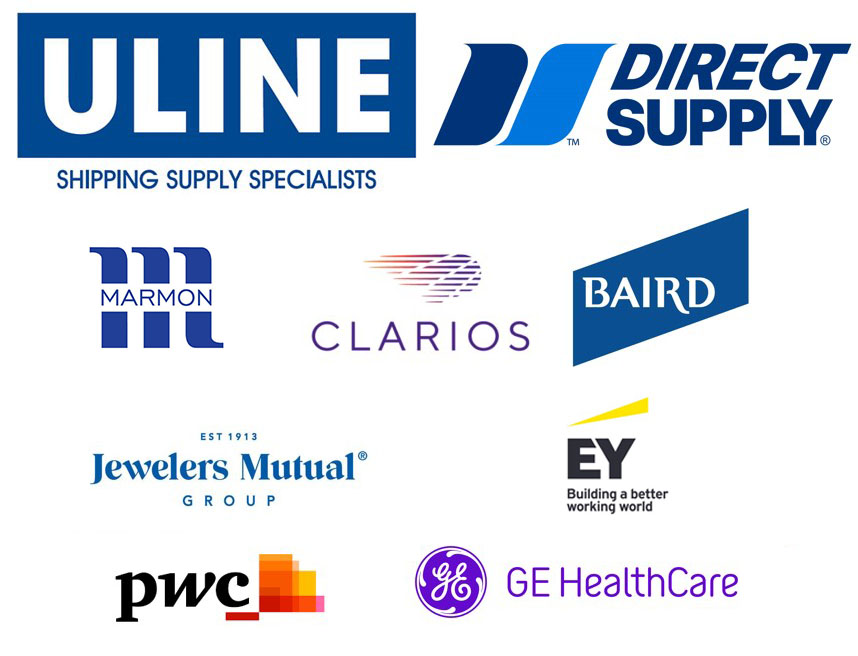
An interview provides an important opportunity to communicate your ability to perform well in a job or internship. Preparation is crucial in properly describing your readiness for a position. Just as you customize and review a resume and cover letter before applying for a position, practice and research prior to an interview will help you make a positive impression.
Types of interviews
Employers will use different interview approaches. The process may begin with a phone interview, which is generally used to screen a larger number of applicants before moving on to an in-person interview. During an in-person interview, an applicant might meet with one interviewer, a panel or have several one-on-one interviews with decision-makers. Interviews sometimes include personality or aptitude assessments, presentations or problem-solving exercises.
Ask for a schedule: When you receive an interview offer, ask for an interview schedule and for the names and/or position titles of the people you will meet. A schedule can offer insight into the structure of the interview and will help you prepare specific examples and questions for the interviewers.
Consider the needs of the employer and position

Just as resumes should be customized for different positions and industries, consider employers’ needs within your interview preparation. Use the job description as a guide. Employers create job descriptions to summarize the knowledge, qualities and experiences they’re looking for.
Additionally, consider the company and industry as a whole. What growth, challenges or new developments are occurring with this company and within its industry? Be prepared to articulate what skills, knowledge and experiences you have that demonstrate your understanding of or ability to transition into this company or industry.
Use examples
To help interviewers learn about you as effectively as possible, share examples to demonstrate the ideas and skills you describe in your resume. For example, an applicant who says he is a good communicator has mentioned a positive skill. An applicant who says she is a good communicator and provides an example of a time when she communicated with 15 team members from different departments to complete a project on time gives the interviewer a more complete understanding of her communication abilities.
Questions for them

During each interview, an employer will likely ask whether you have any questions for them. To learn more about the opportunity and demonstrate your interest, you should absolutely have questions for them. Be prepared to ask about specific job responsibilities, company culture, the department to which you’re applying, the context of the position within the company or other role-related details you’d like to know (except salary). This is the one portion of the interview when it is acceptable to reference prepared notes.
The final section of the Career Services Center interview preparation website contains a list of sample questions.
Thank you correspondence
A thank you card or e-mail should be sent within 24 hours to each staff member with whom you met. If a hiring decision will be made very quickly, an e-mail is appropriate to ensure that your appreciation and etiquette are considered. If a hiring decision will not be made in the very short term, a hand-written note demonstrates initiative and a high level of courtesy. Your thank you correspondence will continue to build an impression: use correct spelling and grammar within your letter or e-mail.
See the Business Career Center thank-you correspondence reference page for more information.
Schedule a practice interview
Practicing interview responses aloud and getting feedback from a career counselor or mentor is a helpful way to prepare. Undergraduate business students, Graduate School of Management students, and alumni may schedule a mock interview with the Business Career Center by selecting the 60-Minute Mock Interview appointment type in our Handshake - Career Center menu.
Additional preparation resources
Expand all | Collapse all
Guidance Around Offer & Acceptance Timelines
Receiving a job or internship offer is exciting (congratulations!) but is not the not the final step of the process. Reviewing the details of an offer carefully, navigating multiple active applications, and negotiating salary and/or benefits can be important next steps within a consideration and acceptance process.
Recruitment for summer internships and full-time roles is consistently happening earlier in the academic year. You should not accept an offer and then continue to interview for other opportunities. It's important to weigh offers carefully (considering any non-negotiables around pay or location, other benefits, and your career goals) and to be communicative.
If you've received an offer or are waiting to hear back about a position and would value help crafting communications with an employer, review these sample scripts, and reach out to the BCC for help discussing specific scenarios.
Researching Salary & Salary Negotiation
As you consider next steps after an offer, it is important to research salary expectations for your role and area, and to understand what you are able to realistically negotiate in a benefits and perks package.
Negotiating an offer or salary can be a intimidating task, especially if this is your first position. It's okay to take your time to think through an offer and schedule a conversation to ask if there is room to negotiate; see this sample script. Then, coming in well researched and prepared is the key to success.
A negotiation should always be based on salary research in your specific industry and city. Some websites to get you started on your research include payscale.com, LinkedIn Salary, Glassdoor, O*NET, or salary.com. When the time comes to consider an offer package, the Business Career Center is here to help you evaluate it and plan your next steps.
Questions? Come Ask!
Schedule an appointment through Handshake. If you are unable to find an appointment time that precedes the employer’s response deadline, please contact our office at businesscareers@marquette.edu to explain your timelines and request a discussion.





